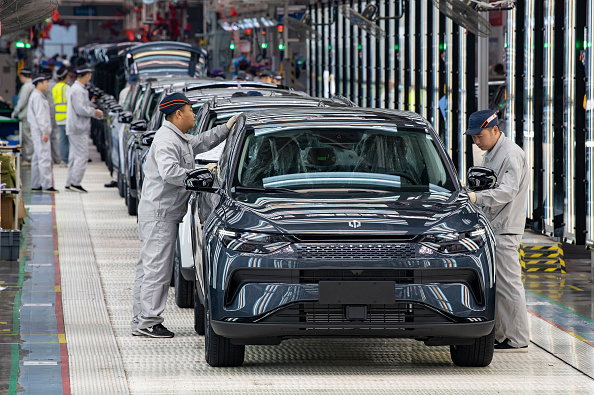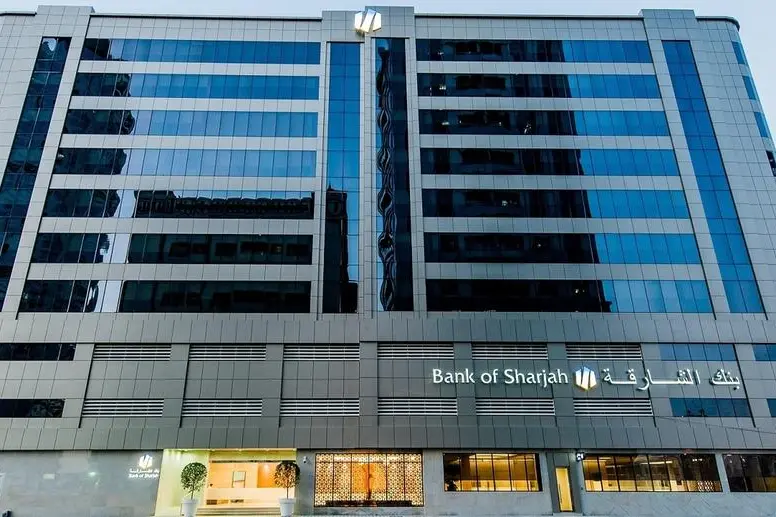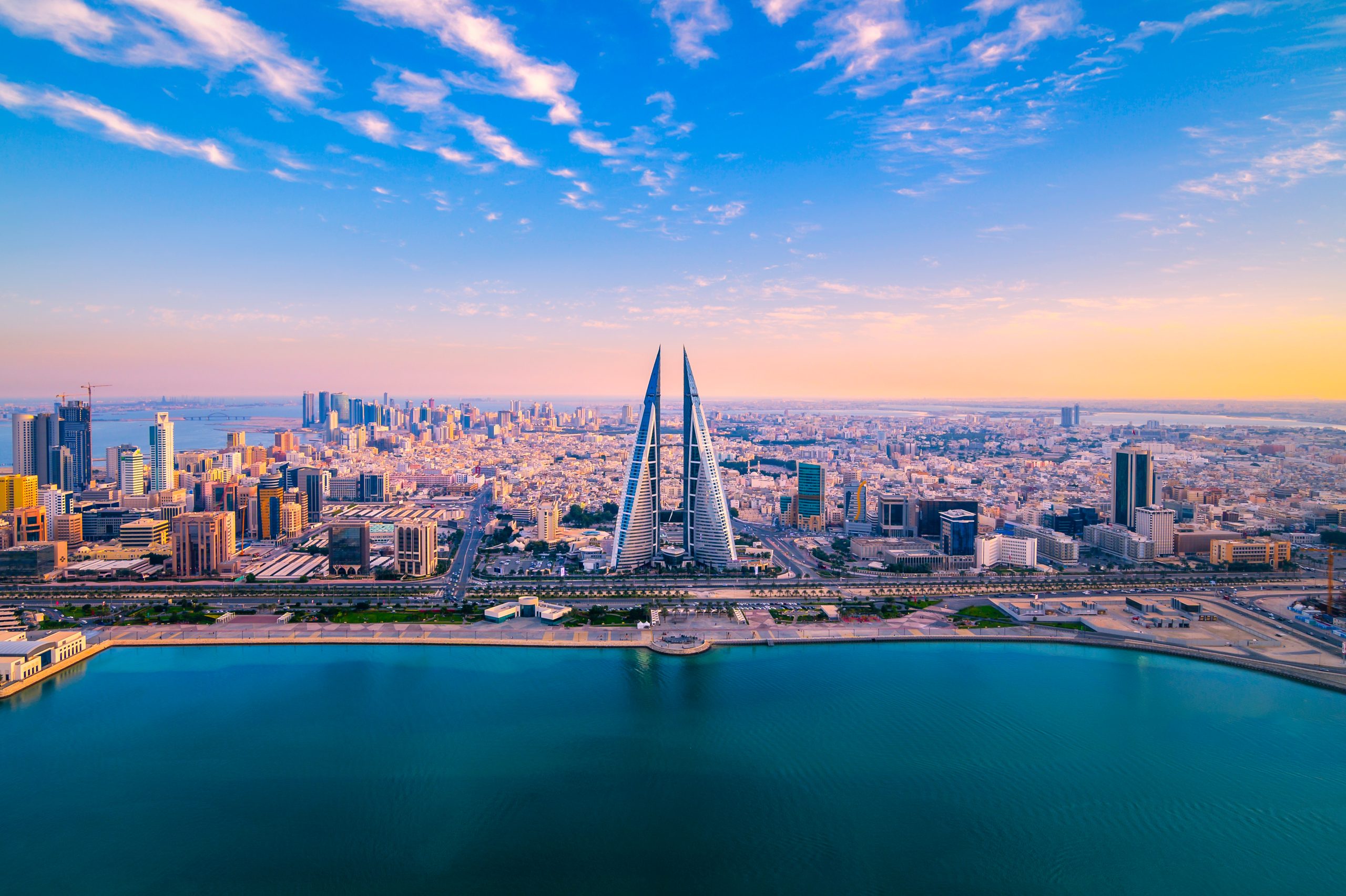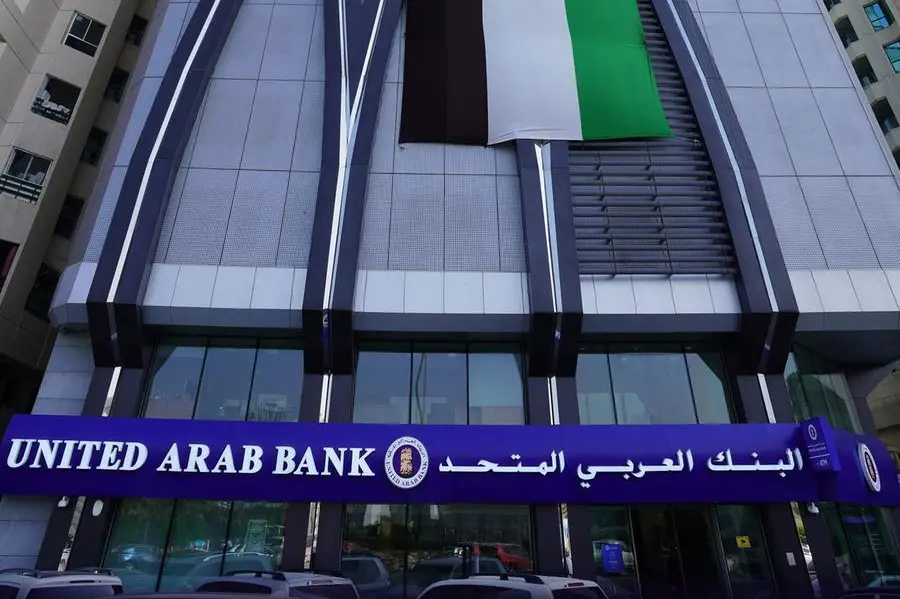China’s Deepening Housing Problems Spook Investors
Stocks in Hong Kong and mainland China drop after developer Country Garden flags more debt problems
China’s latest property crisis is threatening to spill over into the broader economy, worrying investors and causing a broad market selloff.
Chinese stocks fell in Hong Kong and mainland China on Monday, with real-estate developers, electric-vehicle manufacturers and other companies in economically sensitive sectors declining the most. The Hang Seng Index, which is loaded with Chinese companies, dropped 1.6%, taking its year-to-date loss to 5.1%. China’s CSI 300 of large-cap stocks fell 0.73%, and is also in the red for 2023.
The financial struggles of Country Garden Holdings, China’s top surviving privately run developer, have been front-and-centre since it missed interest payments on two U.S. dollar bonds a week ago. The property giant said over the weekend that trading in 11 of its yuan-denominated domestic bonds has been suspended, and that it intends to discuss repayment plans with investors. Country Garden’s Hong Kong-listed shares, which had been relegated to penny-stock status last week, fell another 18%on Monday.
China’s property sector has gone from being a major contributor to the country’s overall growth to a drag on its economy. New home sales increased in the first few months of 2023, providing a glimmer of hope that the worst of the housing downturn was over. The market turned in April, and nationwide sales at China’s top developers have slumped since. Country Garden’s latest problems are likely to turn off potential home buyers, further delaying a housing recovery.
Data released last week showed that China was slipping into deflation. Households, which have racked up high levels of savings, are also borrowing less.
Chinese banks extended the equivalent of $47.8 billion in new loans in July, down nearly half from the same month a year ago. It was also the lowest monthly total in more than a decade, according to data provider Wind. The July figures reflected slightly higher corporate lending and a drop in lending to households.
The loan data was “a big letdown,” as it reflected a lack of demand for borrowing, said May Ling Wee, a Chinese equities portfolio manager at Janus Henderson Investors. “Animal spirits are very low in China, and the government may need to do some pump-priming,” said Wee.
China’s economic troubles are also weighing on its currency. The offshore yuan depreciated past 7.28 to the U.S. dollar on Monday, and is close to its weakest level this year.
The country is scheduled to release a barrage of economic data on Tuesday, including monthly updates for real-estate investment, factory output and retail sales.
Problems are also cropping up in other financial-asset classes in China. Three publicly listed companies said in recent days that they didn’t receive payments they were promised on wealth-management products sold by Zhongrong International Trust, which is part of Zhongzhi Enterprise Group, a large domestic Chinese conglomerate. The missed payments are making investors worried about China’s sprawling trust industry, which has been a source of funding for property developers in the past.
Country Garden admitted to having liquidity problems last week and said it expects to post a big first-half loss. A default by the 31-year-old developer could have a bigger impact on China’s economy than the slow-motion fallout from China Evergrande Group’s debt crisis that began in 2021, some economists predict.
The company withstood the earlier slump that took down Evergrande and Sunac China, which together with Country Garden had been China’s three biggest privately run developers. “Country Garden’s default would mean a complete reshuffle and reorganisation of China’s real-estate industry,” said Wang Shengzu, global head of asset management at Haitong International.
When Evergrande defaulted on its international debt, China’s economy was in much better shape. The country was enjoying a boom in exports, and global investors widely believed that growth and domestic demand were being suppressed by its strict Covid-19 pandemic restrictions. China has since lifted those restrictions, but its economy has sputtered.
Before the downturn, Country Garden’s annual contracted sales were close to that of Evergrande’s by total value, but the former’s larger presence in China’s less prosperous cities meant it sold more homes at cheaper prices.
Country Garden also has a lot of unfinished property projects, as it was common for Chinese developers to sell partially built homes along with commitments to complete them in a few years. The company’s contract liabilities, a proxy for its unfinished projects, totalled the equivalent of $92.3 billion at the end of 2022, according to Country Garden’s last financial report.
The property sector is at a critical juncture, said Larry Hu, chief China economist at Macquarie Group. Plunging sales are a result of weak consumer confidence, and it is going to be hard for non-state-owned developers to survive in the absence of government help, he added. “Policy is the only game in town,” he said, referring to expectations that Chinese authorities will act to stop the market’s continued slide.
Shares of China’s homegrown electric-vehicle manufacturers dropped Monday, after Elon Musk’s Tesla cut prices in the country for two versions of its top-end Model Y car. Domestic rival BYD declined 6.1% in Hong Kong, while Nio, XPeng and Li Auto fell 2% to 3%.
 Copyright 2020, Dow Jones & Company, Inc. All Rights Reserved Worldwide. LEARN MORE
Copyright 2020, Dow Jones & Company, Inc. All Rights Reserved Worldwide. LEARN MORE
Chris Dixon, a partner who led the charge, says he has a ‘very long-term horizon’
Americans now think they need at least $1.25 million for retirement, a 20% increase from a year ago, according to a survey by Northwestern Mutual
Highlighting a significant recovery and robust growth across all key performance metrics.
Bank of Sharjah has released its results for the period ending 30 June 2024, showcasing robust performance and strong momentum since the beginning of the year. The Bank reported a net profit of AED 171 million, a significant turnaround from the AED 144 million loss in the same period last year.
This remarkable improvement is attributed to a substantial increase in net interest income, stringent credit underwriting, and reduced operating costs, marking a 233% increase over the previous year when excluding the one-time impairment charge from de-linking its Lebanese subsidiary.
The Bank’s exceptional financial results highlight the effectiveness of its strategic focus on sustainable growth, with notable improvements across all major performance metrics. Funded and unfunded income both saw increases, with net interest income rising by 108% and operating income growing by 34%.

Additionally, the cost-to-income ratio improved significantly to 40.1% due to cost discipline measures. The balance sheet remains strong with a loans-to-deposits ratio of 86.63%, indicating comfortable liquidity. The Bank also maintains strong capitalization, with a regulatory capital adequacy ratio exceeding 15% and Tier 1 and CET1 capital ratios around 14%. These positive results underscore the Bank’s underlying strength, operational efficiency, prudent risk management, and ongoing enhancement of shareholder value.
Commenting on the Bank’s results, Sheikh Mohammed bin Saud Al Qasimi, Chairman of Bank of Sharjah, stated: “We are pleased with our outstanding performance in the first half of 2024, which reflects our commitment to adding value to our customers, supporting our communities, and rewarding our shareholders. Despite the challenging geopolitical situation in the region, the UAE economy has remained resilient and continues to register healthy growth following various economic diversification initiatives that provide consistent impetus for trade, investment, and wealth creation. Bank of Sharjah has entered a new chapter with a new leadership team, focused on building new business streams, expanding our reach across the UAE and the region, and delivering exceptional service to our customers.”
He added: “Our performance in the first half of the year demonstrates the effectiveness of our new strategy, and we look forward to delivering continued growth in the years to come.”

The CEO, Mr. Mohamed Khadiri, commented “2024 has begun exceptionally well for Bank of Sharjah, with the bank achieving a record year-on-year profit. I am delighted with our stellar performance as we continue to strengthen the bank’s fundamentals. Our outstanding results reaffirm that our new business strategy is on track to deliver sustainable revenue growth, driven by business expansion, operational efficiency, prudent risk management, and talent development. This achievement is also a testament to the Bank’s success in providing high-quality financial services that meet the aspirations and growing needs of our customers.”
He further added: “Bank of Sharjah is a strong and respected brand within the local community. We are leveraging our core strengths to build a platform that will operate at its full potential across the UAE and the region. The Bank remains focused on executing our strategy and is well-positioned to maintain strong performance throughout 2024 and beyond.”
Chris Dixon, a partner who led the charge, says he has a ‘very long-term horizon’
Americans now think they need at least $1.25 million for retirement, a 20% increase from a year ago, according to a survey by Northwestern Mutual





















